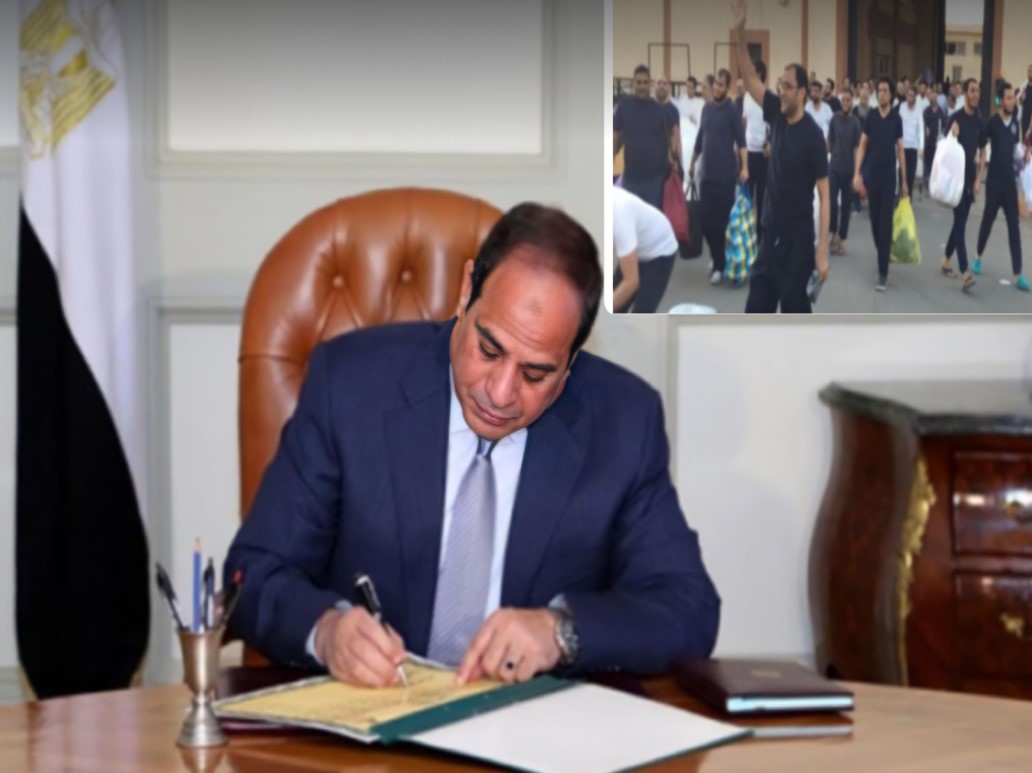The Chinese ophthalmologist Li Wenliang died from coronavirus after he was the first to warn of the spread of the virus in Wuhan Hospital in China as the police attempted to silence him. In Egypt this story has been repeated, but with another hero, the pharmacist Hajar Ashmawi, who asked the management of the National Cancer Institute a week ago to close it, start examinations and sterilise the building, and subject workers to isolation for two weeks to make sure they are free of the novel coronavirus. But the director of the institute vehemently refused and criticised her requests fiercely, saying she only cared about herself and was placing her interests above the patients’ interests, and demanded that she resign if she was afraid, indicating that he would appoint another pharmacist as a replacement for her immediately.
A few days later, the Egyptian authorities were forced to close the National Cancer Institute due to the outbreak of coronavirus among a number of the institute’s medical staff. But a lot of confusion surrounds the matter and doctors talk about attempts to obscure information about the spread of the virus at the institute, which serves hundreds of thousands of patients. This crisis escalated in Egypt after the increase in the number of doctors and nursing staff at the Egyptian Oncology Institute increased to 26. After that, Cairo University decided to open an investigation into the matter, stop the institute receiving patients for one day, start purging the institute, and appoint two new teams to fight infection and to take over the management. The university also decided to review all the medical protocols in force in the areas of infection control and ensure the safety of medical staff, workers and patients, according to Al-Masry Al-Youm. In a statement the university said that it was decided an investigation would be opened on the matter “to determine the causes of neglect if any,” and the statement added that “the cases that were found to have been infected and those who had contact with them were put in quarantine.” According to Dr. Hatem Aboul Qasim, the director of the institute, the infections started a week ago, through a nurse who showed symptoms of the virus, was isolated and was then was confirmed to be infected.
The institute is the largest of its kind in Egypt and the Middle East, and is estimated to serve some 300,000 patients annually and employs 600 nurses and 750 doctors, most of whom are working in other hospitals. Aboul Qasim added that two medical staff members were also carrying the virus and were in quarantine, then it began to escalate and spread among the medical staff of the institute, and an analysis was made of about 40 contacts of people infected with the virus. Nine of them were found to be infected, bringing the total number to three doctors and 12 nurses. The number of the infected reached 26, with expectations that this figure would increase. The director of the institute said this virus spread because doctors and patients’ were in contact with each other during rest periods, “during which they often do not adhere to medical guidelines, which caused the virus to spread between them.” He also pointed out that the nurse, who is considered case zero in the institute, was working in another hospital, “and it became clear that the virus had already spread in the other hospital too,” indicating the emergence of cases of the virus in other hospitals.
The director’s story has been met with many objections as a completely different version of what happened in the institute has been told by a number of doctors and pharmacists working there. The other story brings to mind the attempts of the Chinese system to obfuscate the start of the epidemic in Wuhan, China. In Wuhan, the late ophthalmologist Li Wenliang tried to warn his colleagues but was threatened not to talk about it.
In Egypt, the pharmacist Hajar Ashmawi revealed that she and her colleagues at the institute demanded the management close the institute a week ago, start inspections and cleansing operations and subject workers to domestic isolation for two weeks to make sure they are free of disease. Hajar confirmed on Facebook that the director of the institute strongly refused and said, “He who fears for himself from infection with the virus, should submit his resignation and not come to the institute.” Aboul Qasim then threatened the pharmacists who refused to work or attend until tests were carried out on them and said he would replace them with a new team. The pharmacist Hajar Ashmawi was not the only one who talked about this issue, as Dr. Jeremiah Mohsen Shafiq published a similar post on his Facebook page, noting that he was threatened “because he spoke a lot on the matter.”
Observers say that the Egyptian authorities have dealt with the crisis of the spread of coronavirus from a political perspective, and not from a public health standpoint, and therefore they are not acting with the required transparency.





Recent Comments